This time, Anne explores indigenous peoples in the world of YA. Many of us, even those of us who read widely in YA should know more indigenous authors. We can't even begin to be allies if we are unaware of the books we can offer our students. I appreciate Anne's efforts. I realize I have a lot of reading to do. This post will be bookmarked for quite awhile as I try to catch up.
“Indigenous peoples are the experts of their own realities and histories”
Excerpt from the Montreal Urban Aboriginal Community Strategy Network’s brochure on How To Be An Indigenous Ally
I am a teacher who wants all students to see themselves represented in our classroom libraries, regardless of the subjects we teach. I know I am not the only educator who has struggled on how to start a dialogue about Residential Schools as well as discuss current issues in the Indigenous communities. Therefore, this post provides a list of titles as well as links to a brochure on how to become an ally and the correct terminology for different Indigenous Peoples.
I also felt compelled to write once I witnessed the difference between the Canadian and United States government’s commitment to educating students on the treatment of Indigenous Peoples. Canada appears to encourage a national dialogue on the treatment of Indigenous Peoples. It felt like a stark contrast from our own government. The Canadian government started a Truth and Reconciliation Commission, which is now the National Center for Truth and Reconciliation, which provides a website offering educators resources for teaching about the Residential Schools. While the movement by the Canadian government is met with mixed reviews by citizens, the awareness and resources for teachers continues to grow exponentially.
Recalling these experiences, I put my trepidation aside. I wanted any teacher, regardless of content area, to be able to find a text written by an Indigenous writer. Below is a series of books ranging from picture to poetry and environmental sciences. The books are broken into primary and secondary, with secondary containing sub-categories. I included picture books because I have found a multitude of ways to incorporate them into my reading program, especially with teaching visual literacy skills. There is also a slide show at the end featuring more titles by Indigenous writers.
Primary Books
Fatty Legs: A True Story is a treasure trove of knowledge. A combination of photographs from author’s life as well as footnotes explaining vocabulary of the Inuit people, Fatty Legs offers a chilling story of the dichotomy offered to children: either learn English through the Residential Schools and lose their culture or stay with culture and lose the chance to survive the Colonist’s overtaking of their lands. The narrator, Olemaun (English name Margaret) is driven to learn English. Her father desperately tries to convince her to stay home. He warns her that “as water wears rock smooth, her spirit will be worn down and made small”. A bittersweet memoir that will resonate with all ages.
Another memoir, I Am Not A Number describes the terror that children and parents underwent as Indian agents, government sanctioned kidnappers, scooped up children to take to Residential Schools. After being separated for a year, the protagonist, Irene and her father, take an active stand against the government in efforts to keep their family intact. There are photos of the school and Irene and her father at the end of the book.
Secondary and UP
The historical fiction novel, House of Purple Cedar, follows Rose Goode and her family in pre-statehood Oklahoma as her hometown transitions from being predominantly Choctaw. Quickly following a fire in the local girl’s boarding school, her beloved grandfather is nearly beaten to death by the local sheriff. Her family preaches forgiveness not revenge and this leaves room for compassion to bloom from both the Choctaw and Anglo community members. Full of quirky characters and tackling issues of domestic violence as well as racism, I was captivated from the moment I cracked open the book until the emotional conclusion.
David A. Robertson’s Reckoner trilogy tells the story of Cole Harper, a member of the Wounded Sky First Nation, who is compelled to returns to his place of birth. Once there, he discovers a series of murders, a community plagued by health crisis, and still-lurking questions about his father’s death. This transition is made even more difficult due to Cole’s struggle with anxiety and depression. During a 2018 lecture tour, Mr. Robertson talked about anxiety and depression as being the tie that binds us all together. The Pew Research Center’s recent study on teens and depression found it to be the biggest concern for teens today. This trilogy would be a great addition to a classroom library.
Hearts Unbroken -- Witty and irreverent teen Lou tries to remain true to herself in light of the micro-aggressions and the massive aggressions of living in Kansas City, ranging from the local Chiefs basketball team mascot to the protests against her high school for putting on its first ever color-conscious casting production, which happens to be The Wizard of Oz. She and her sibling, whom has a starring role in the production, come across L.Frank Baum’s cry for the extermination of “Indians” and must decide how to move forward in a manner that respects both themselves and their culture.
Turtle Island: The Story of North America’s First People explores the civilizations that existed before European colonization. Starting from the Ice Age to 1491, the text creates a timeline through dates, artifacts, and myths. The authors state that the way to Turtle Island is through using myths, science, and imagination. Beautiful photos of land, artifacts, and artists’ interpretations of the past lives of indigenous people mingle with myths and other types of texts to help the history come alive on the pages.
#NotYourPrincess: Voices of Native American Women is a powerful editorial on the stereotypes of the “Indian Princess”, delivering gut-wrenching poems and photographs, mixed-media collages from a variety of Indigenous women across Turtle Island. An excellent addition to challenging cultural stereotypes as well as a tool for discussion of the #MeToo movement.
Until next week.
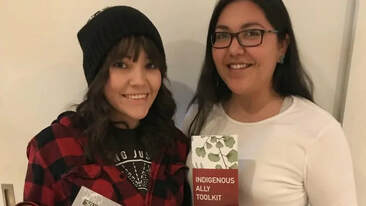
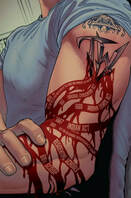
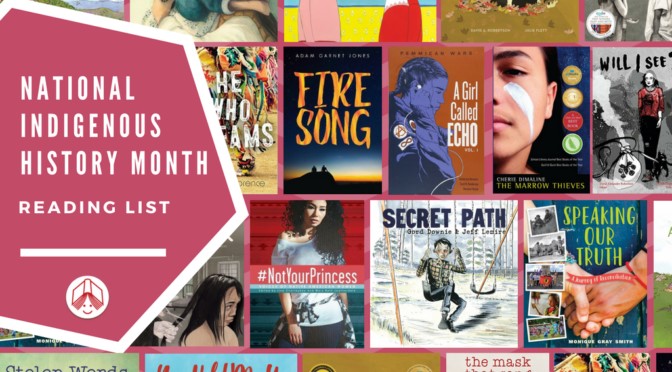
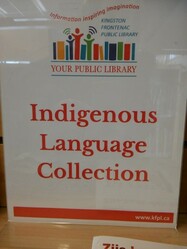
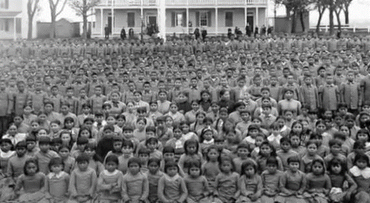
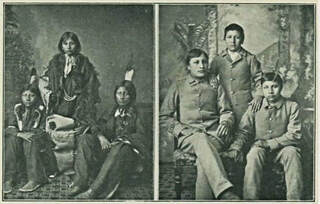
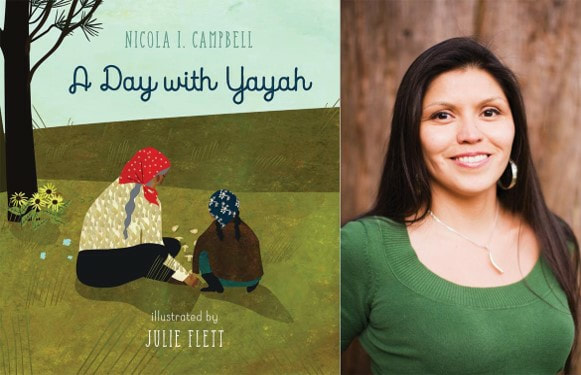
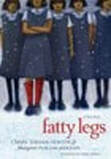
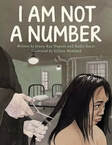
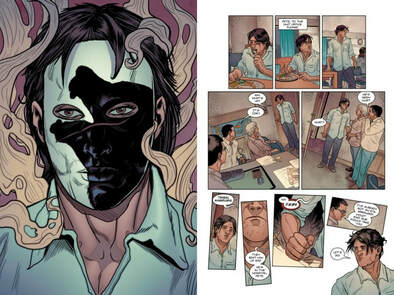
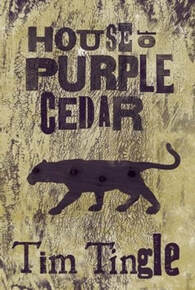
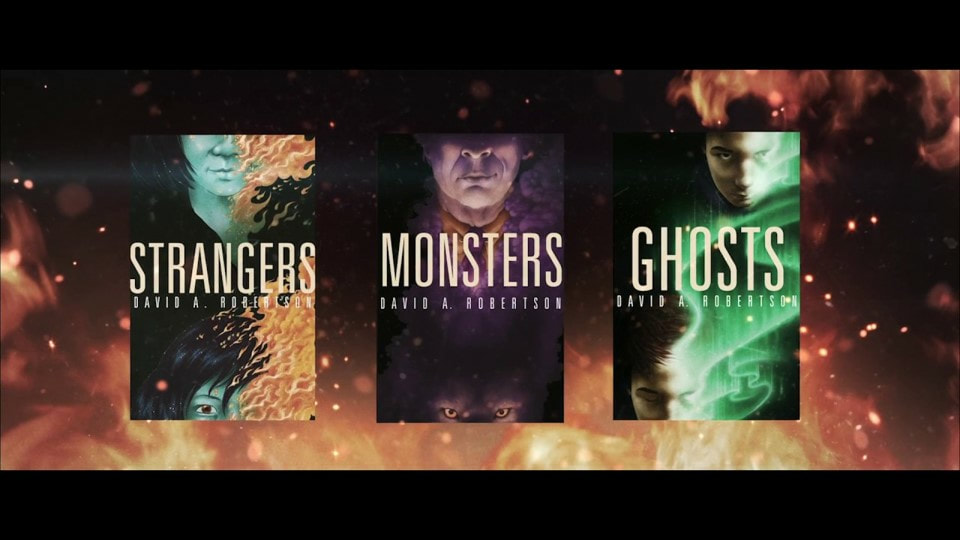
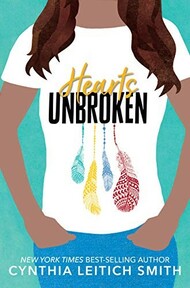
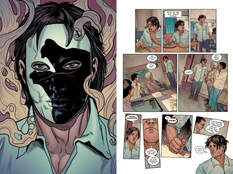
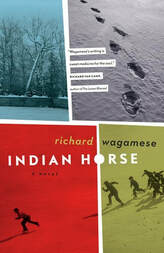
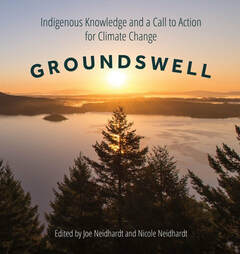
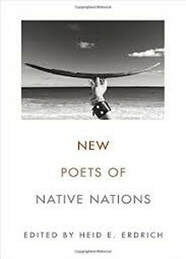
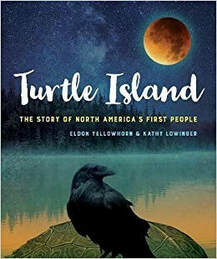
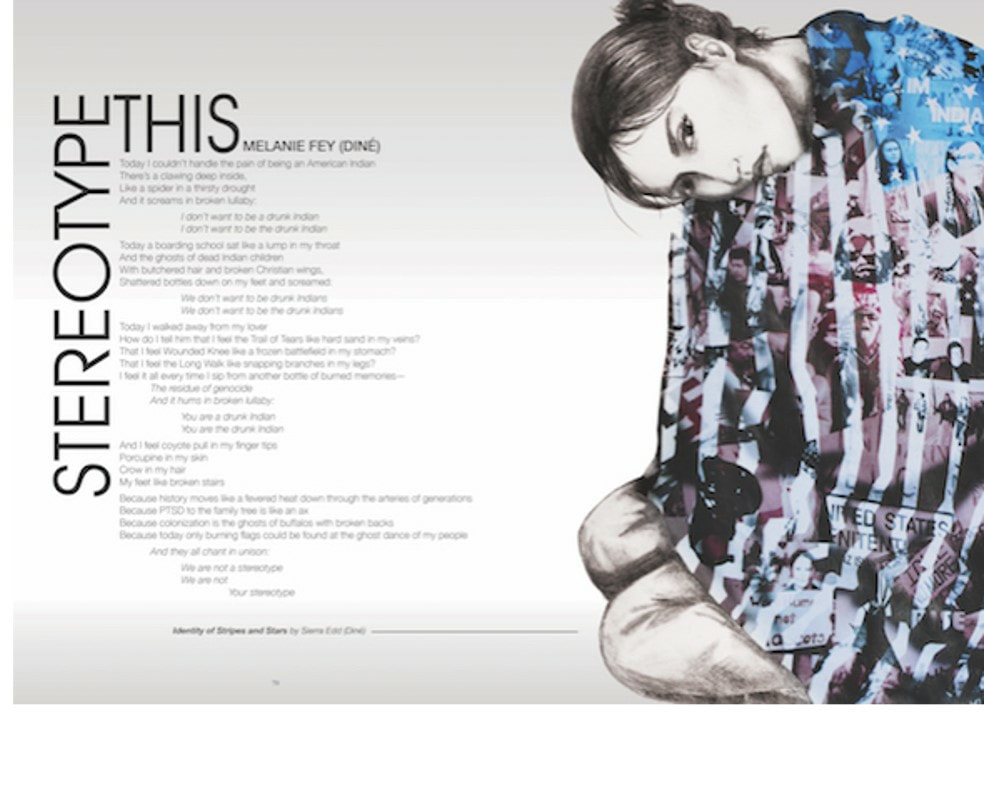
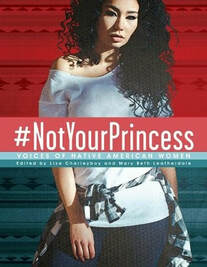

 RSS Feed
RSS Feed